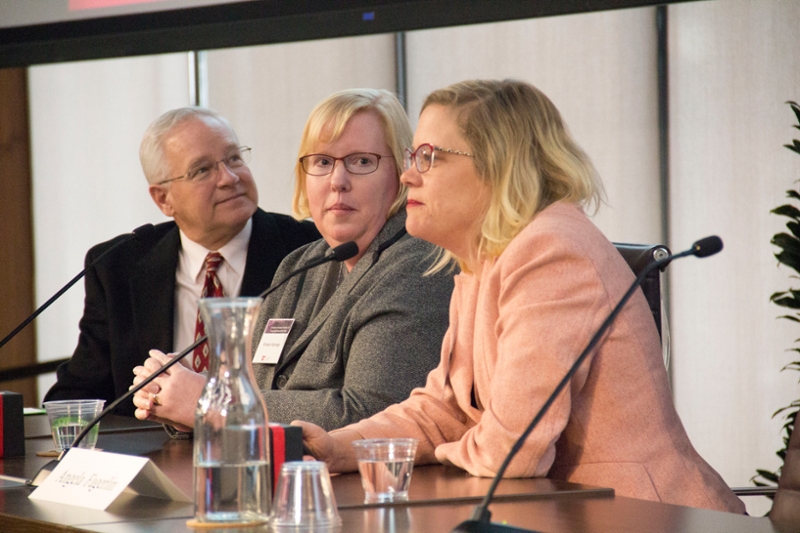

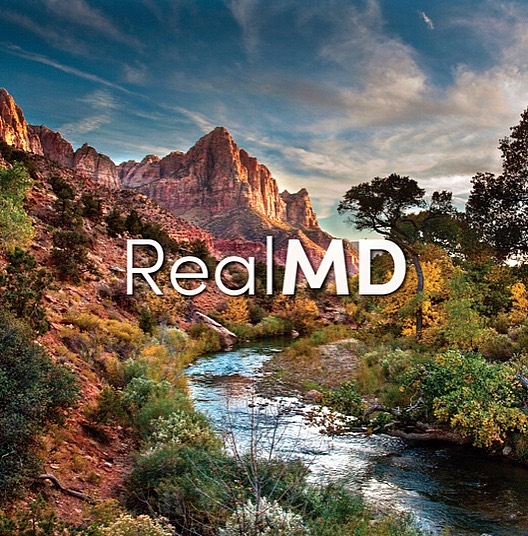
Finding Meaning in Medicine with Student-Driven RealMD Program

University of Utah Health at Learn Serve Lead 2019: The AAMC Annual Meeting
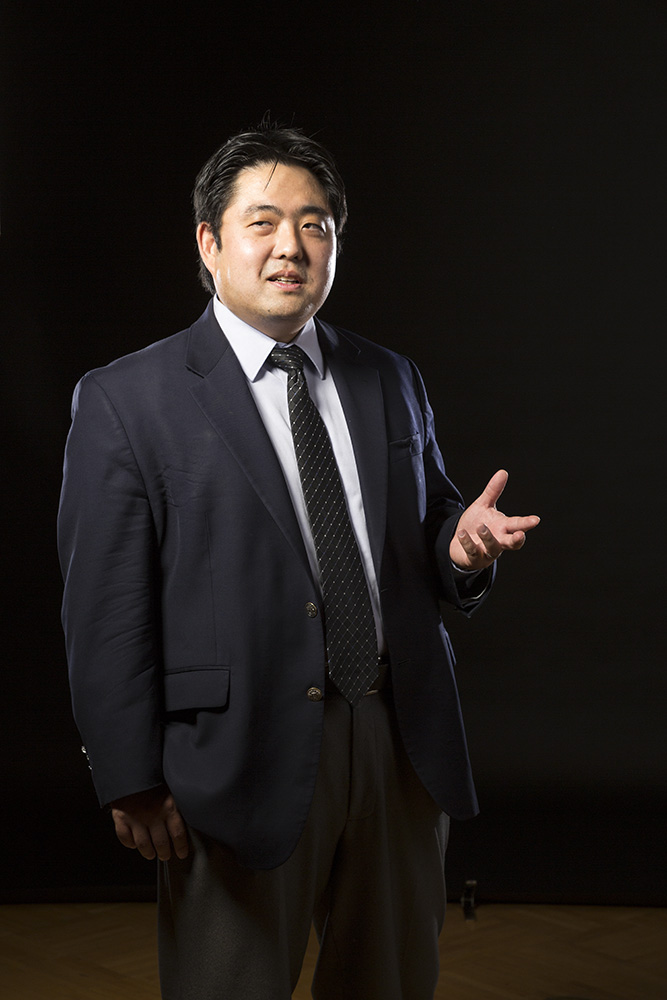
Reimagining EHR with Kensaku Kawamoto
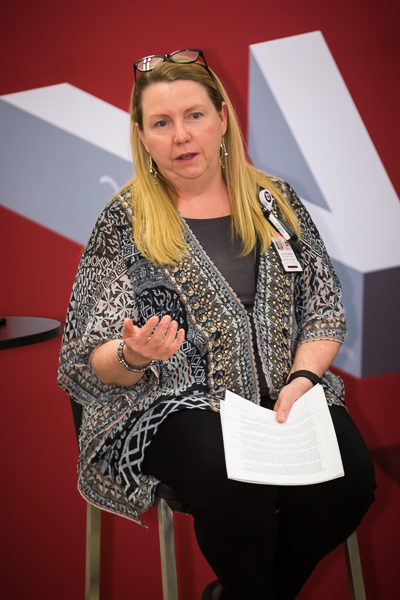
What Does Value Mean to Nurse Midwives?
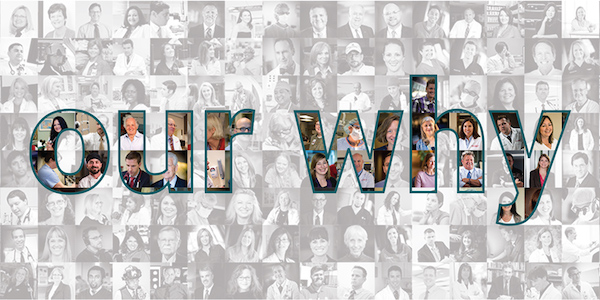
NEJM Buzz Survey Report: Patient Experience
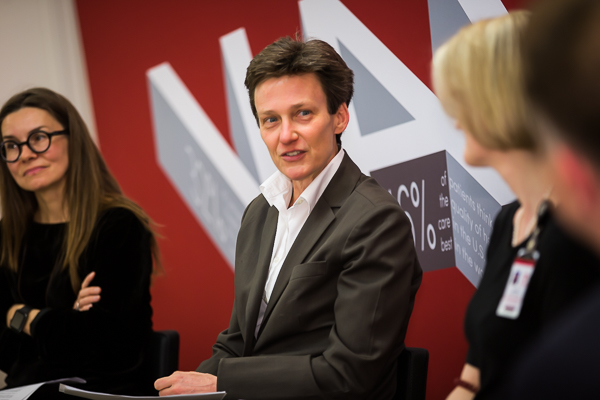
What Does Value Mean to Physical Therapists?

Patients, Physicians, and the Perception of Value
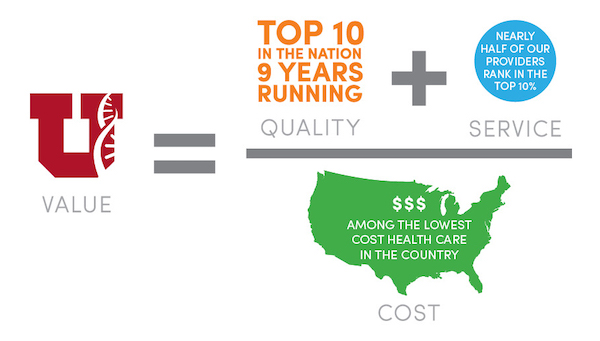
NEJM Buzz Survey Report: Addressing the Problems of Quality Measurement

NEJM Buzz Survey Report: Cost of Care and Physician Responsibility
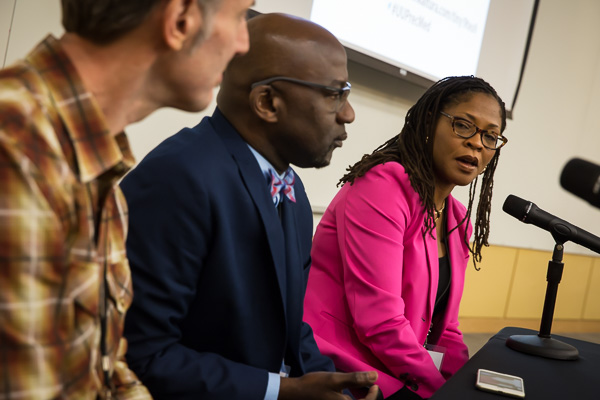
Mind the Gap: Increasing Diversity in Research Will Open Doors for Precision Medicine

When it comes to CRISPR, patients need a seat at the table

Get ready, doctors. Direct-to-Consumer Genetics is here to stay.

What’s Quality in Health Care? Giving Patients Back their Time
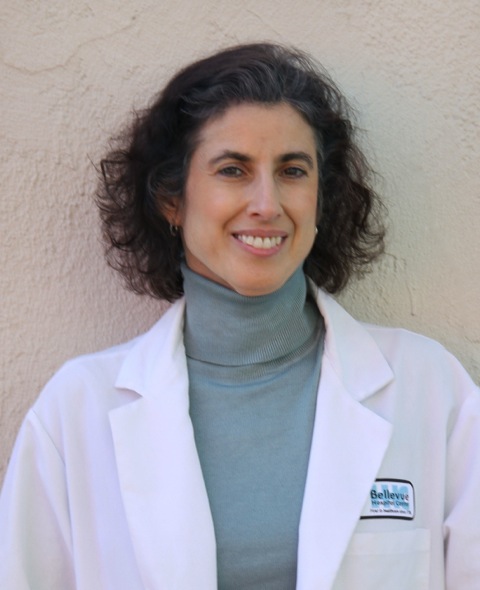
Hey Doc … Zip It: Can you be a good doctor with bad communication skills?

How to speed the journey from discovery to cure: Make a science out of science
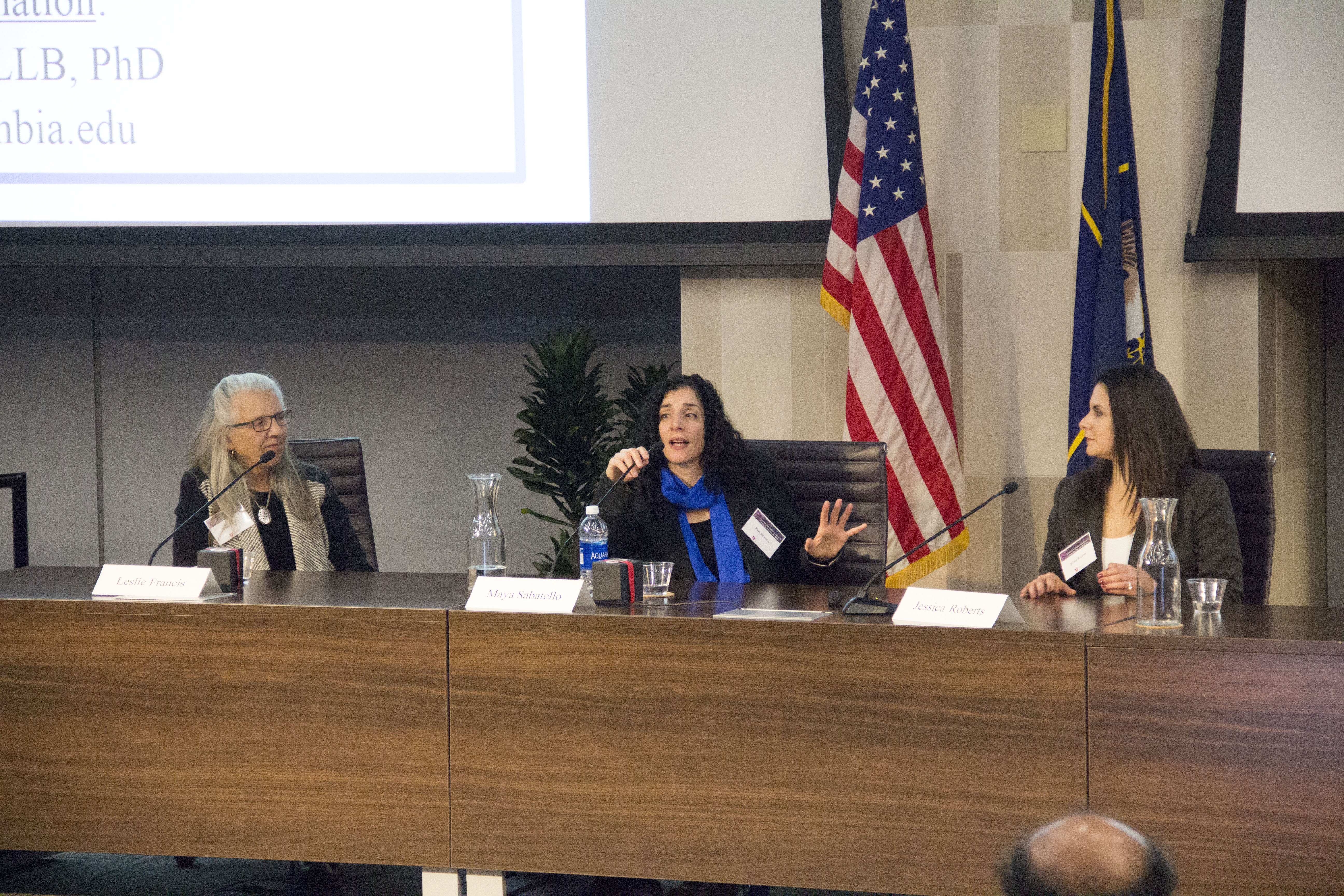
The Ethical Quandary of Precision Medicine: Who Gets Left Out?
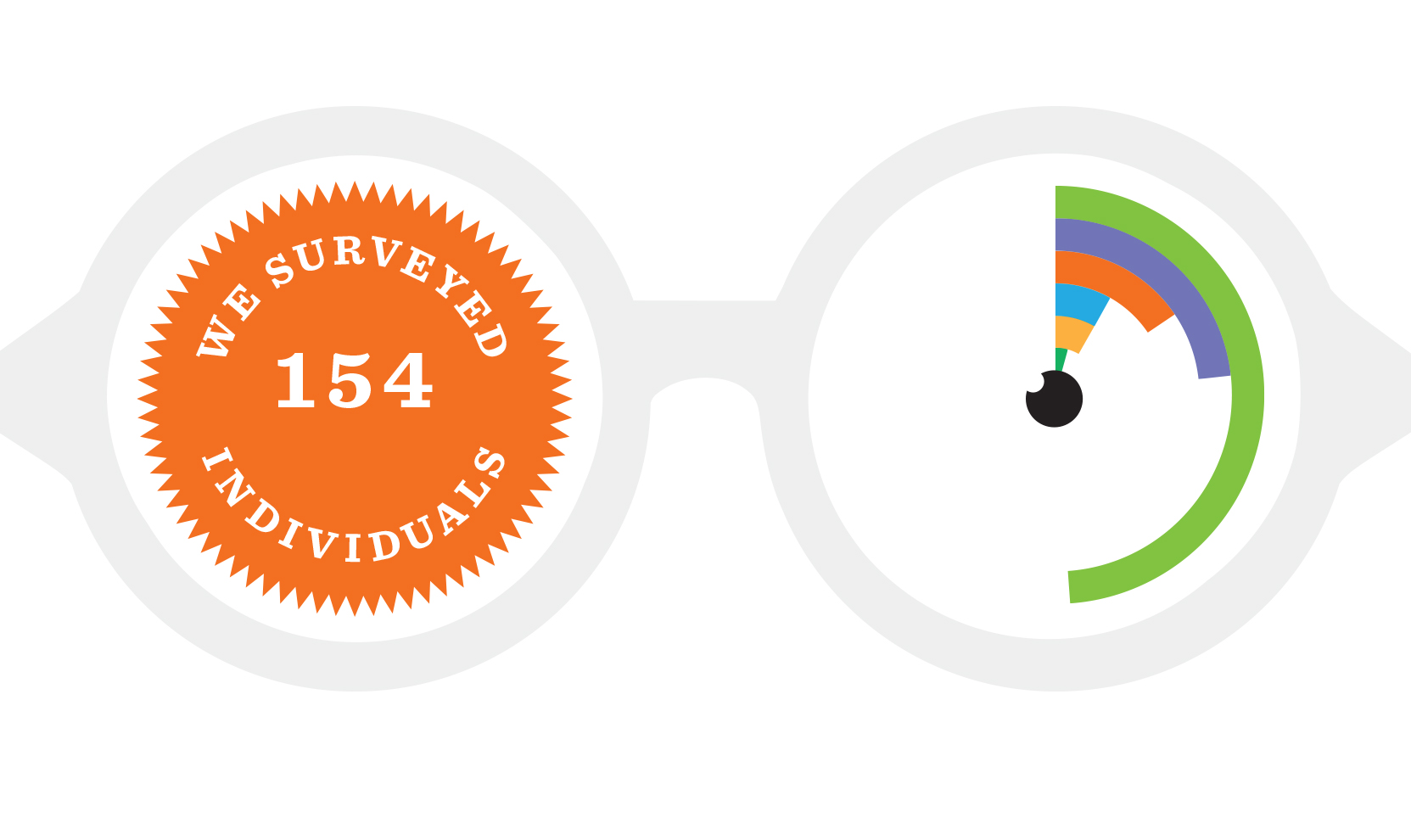
Who’s Responsible for Health? Depends on Where You Sit in Academic Medicine
In cancer treatment, is precision medicine more expensive than it’s worth?
